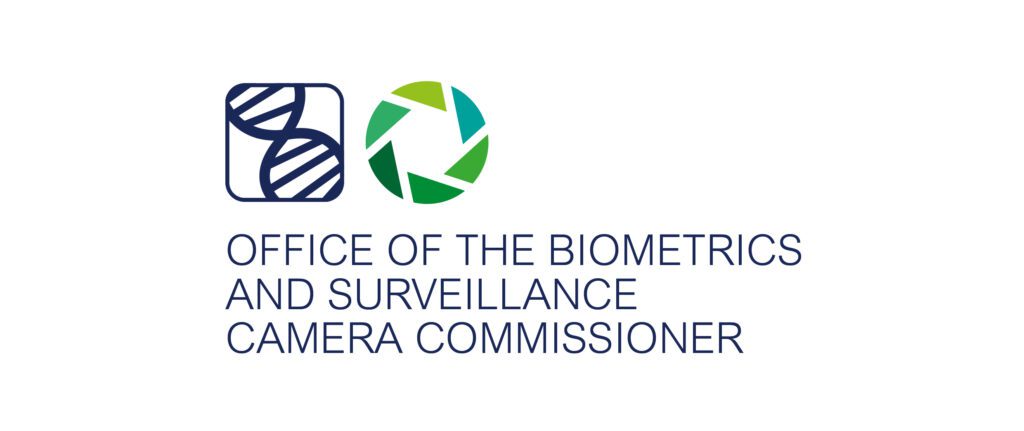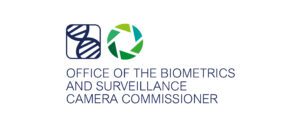The government has appointed Tony Eastaugh as the Biometrics and Surveillance Camera Commissioner (BSCC) who will continue in post until the Data Protection and Digital Information Bill comes into effect in the spring, when the role is to be abolished. He was previously the Director General for Immigration Enforcement and a Commander in the Metropolitan Police for 12 years.
This appointment follows the departure of Professor Fraser Sampson at the end of October. Sampson resigned once it became clear that the Bill would not be passed until 2024 and he was due to be out of the country at the end of 2023.
Tony Eastaugh said: “I am looking forward to building on the superb work of my predecessors until the Data Protection and Digital Information Bill comes into effect in the spring.
“Whilst in post, I intend to engage with as many of the key parties operating in this critical arena as possible. I will be listening, learning, and fully contributing to the evolving and growing biometrics and surveillance camera landscape.”
BSCC role abolition: Data Protection and Digital Information Bill concerns
The biometrics casework function of the Biometrics and Surveillance Camera Commissioner (BSCC) post is to be transferred to the Investigatory Powers Commissioner’s Office under the Data Protection and Digital Information Bill. However, there have been concerns expressed, within the security industry, about the loss of the functions of the Surveillance Camera Commissioner and the abolition of the associated Surveillance Camera Code of Practice.
An independent report by the Centre for Research into Information Surveillance and Privacy, commissioned by the previous BSCC and published in October, suggested that the loss of these functions would be a retrograde step for the UK and it was unlikely that other overstretched bodies would be able to step in to monitor the surveillance camera industry properly.
Functions that the BSCC carries out that are currently not being replaced include:
- maintaining an up-to-date surveillance camera code of practice with standards and guidance for practitioners and encouraging compliance with that code
- setting out technical and governance matters for most public body surveillance systems including how to approach evolving technology such as facial recognition
- providing guidance on technical and procurement matters to ensure that future surveillance systems are of the right standard and purchased from reliable suppliers
- providing reports to the Home Secretary and Parliament about public surveillance and biometrics matters
Warning about a lack of supervision of surveillance camera industry
Before he departed Professor Fraser Sampson, said: “After receiving this report, I am more concerned than ever that, unless the government acts soon, there will be a worrying vacuum in our arrangements for overseeing and regulating these crucial areas of public life just when society needs those safeguards more than ever.”
One of the industry experts consulted for the report, Alex Carmichael, from the Security Systems and Alarms Inspection Board (SSAIB), said: “Without the Surveillance Camera Commissioner you will go back to the old days when it was like the ‘wild west’, which means you can do anything with surveillance cameras so long as you don’t annoy the Information Commissioner…so, there will not be anyone looking at new emerging technologies, looking at their technical requirements or impacts, no one thinking about ethical implications for emerging technologies like face-recognition, it will be a free-for-all.”
The authors of the report, Professor Pete Fussey and Professor William Webster wrote the Data Protection and Digital Information Bill failed “to recognise the complexities of the current regulatory landscape and the protections offered by the BSCC in an era of increasingly intensive advanced and intrusive surveillance. Without a clear plan for how such activities and functions are replaced, abolishing the BSCC creates oversight gaps and will create, rather than remove, regulatory complexity.”
Report suggests government lacks understanding of CCTV regulation
The government has suggested that the new law will remove duplication and that the most of the existing oversight of surveillance cameras would continue through data protection regulation. The reports states that with the data regulator, the Information Commissioner’s Office (ICO), requesting extra resources and capability it challenges the argument that it was duplicating the work of the BSCC. Separately The ICO will be replaced by an Information Commission, with a board and chief executive once the Bill is passed.
The government has named other public bodies that could provide oversight of surveillance cameras. However, the report states that public documentation offers no detail on how such functions will be delivered. Additionally, the report said these bodies have limited or no discernible track record of engaging with, or having influence over, the oversight of surveillance cameras or biometric materials.
The authors also wrote that the government statements appear confused over the difference between inspectorate roles, and oversight and regulatory functions and there was a question mark about the independence of the bodies.
Suggesting that he recognises security industry concerns, the new BSCC said: “I will be working with stakeholders to explore how some of my current responsibilities (that are not specifically mandated for transfer in the Bill) will be given continuity and upheld.”
Look out for the latest updates on surveillance camera regulation
Ecl-ips is an NSI Gold-accredited CCTV camera installer that has supported the Surveillance Camera Code of Practice and the work of the Biometrics & Surveillance Camera Commissioner since its creation in 2013.
We have produced a number of blogs and videos covering data protection compliance and the work of the BSCC. If you would like to be kept up to date on the Bill or similar issues you can subscribe to the latest reports on our news page.



